Uber and Lyft drivers in California could get the right to unionize under this bill
Two California Democrats have introduced a bill that would allow rideshare drivers to bargain with gig companies, like Uber and Lyft, for better pay and certain benefits. The measure, Assembly Bill 1340, is likely to face steep opposition from the gig companies that rely on thousands of independent workers to keep their services operating at an accessible price point. “The bill would empower rideshare drivers with the right to organize for better working conditions and establish a process for gig drivers to choose their union,” California’s Service Employees International Union, which is supporting the bill, said in a press release. “It would protect workers from retaliation when they join together to organize, and also provide a process for drivers to bargain with the industry for better pay, working conditions, and price transparency for riders.” It added that more than 600,000 drivers would benefit in the state if the bill was signed into law. It’s expected to be heard in Assembly committees in the coming weeks. The measure comes almost five years after California voters passed Proposition 22, which allowed gig companies to classify workers as independent contractors rather than employees. Companies like Uber, Lyft, Instacart, and DoorDash funded more than $200 million total in support of the bill. The passing ultimately led them to avoid being forced to pay hefty costs for things like paid time off and insurance. A Lyft spokesperson, when asked for comment on the new bill, reiterated the company’s support for Prop 22. “Drivers overwhelmingly voted for and continue to support Prop. 22 because it is their preferred way to structure benefits and protections,” the spokesperson said. “And for years, we’ve been building upon this framework to roll out new products and features designed to improve the driver experience. This is the best way to balance the needs of drivers without trying to undercut the will of the voters when they originally passed Prop. 22.” An Uber spokesperson didn’t immediately respond to Fast Company‘s request for comment.

Two California Democrats have introduced a bill that would allow rideshare drivers to bargain with gig companies, like Uber and Lyft, for better pay and certain benefits.
The measure, Assembly Bill 1340, is likely to face steep opposition from the gig companies that rely on thousands of independent workers to keep their services operating at an accessible price point.
“The bill would empower rideshare drivers with the right to organize for better working conditions and establish a process for gig drivers to choose their union,” California’s Service Employees International Union, which is supporting the bill, said in a press release. “It would protect workers from retaliation when they join together to organize, and also provide a process for drivers to bargain with the industry for better pay, working conditions, and price transparency for riders.”
It added that more than 600,000 drivers would benefit in the state if the bill was signed into law. It’s expected to be heard in Assembly committees in the coming weeks.
The measure comes almost five years after California voters passed Proposition 22, which allowed gig companies to classify workers as independent contractors rather than employees. Companies like Uber, Lyft, Instacart, and DoorDash funded more than $200 million total in support of the bill. The passing ultimately led them to avoid being forced to pay hefty costs for things like paid time off and insurance.
A Lyft spokesperson, when asked for comment on the new bill, reiterated the company’s support for Prop 22.
“Drivers overwhelmingly voted for and continue to support Prop. 22 because it is their preferred way to structure benefits and protections,” the spokesperson said. “And for years, we’ve been building upon this framework to roll out new products and features designed to improve the driver experience. This is the best way to balance the needs of drivers without trying to undercut the will of the voters when they originally passed Prop. 22.”
An Uber spokesperson didn’t immediately respond to Fast Company‘s request for comment.



































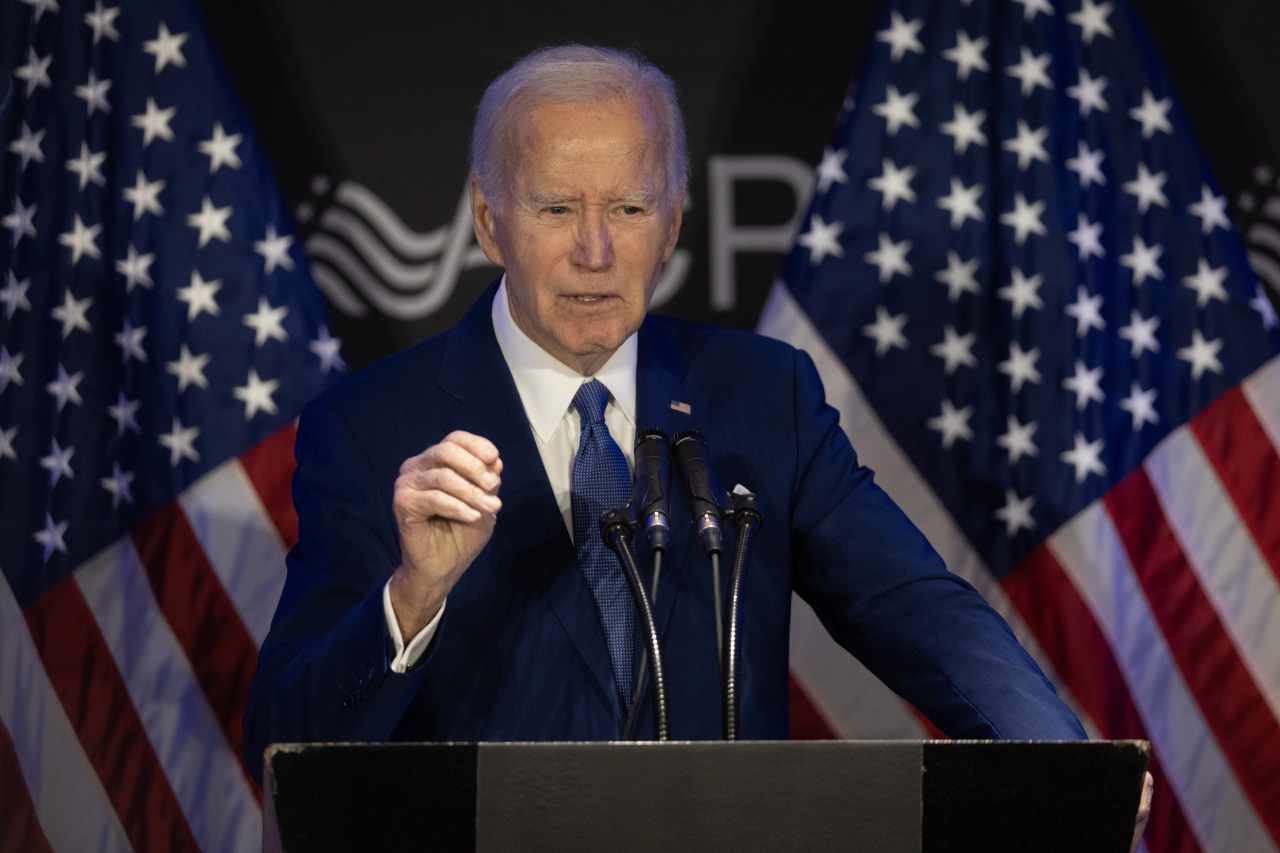

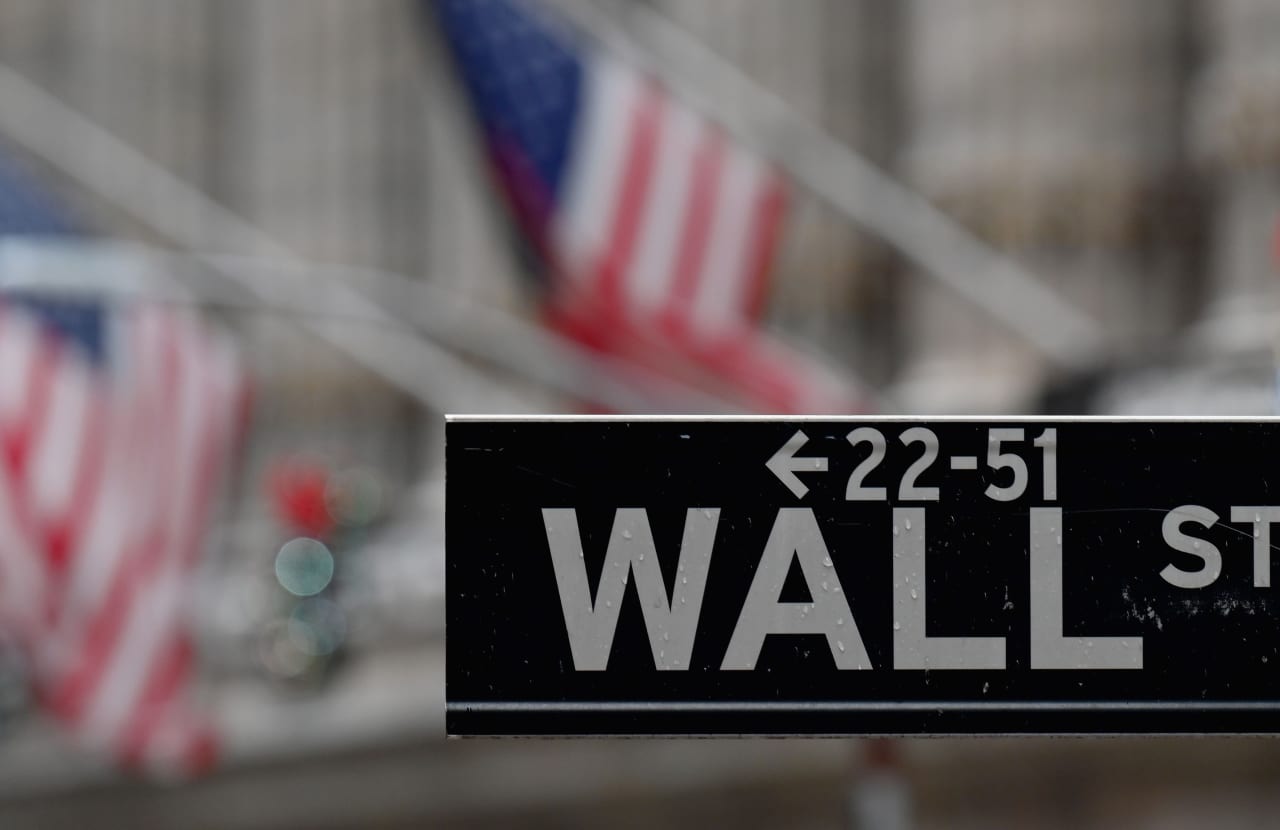

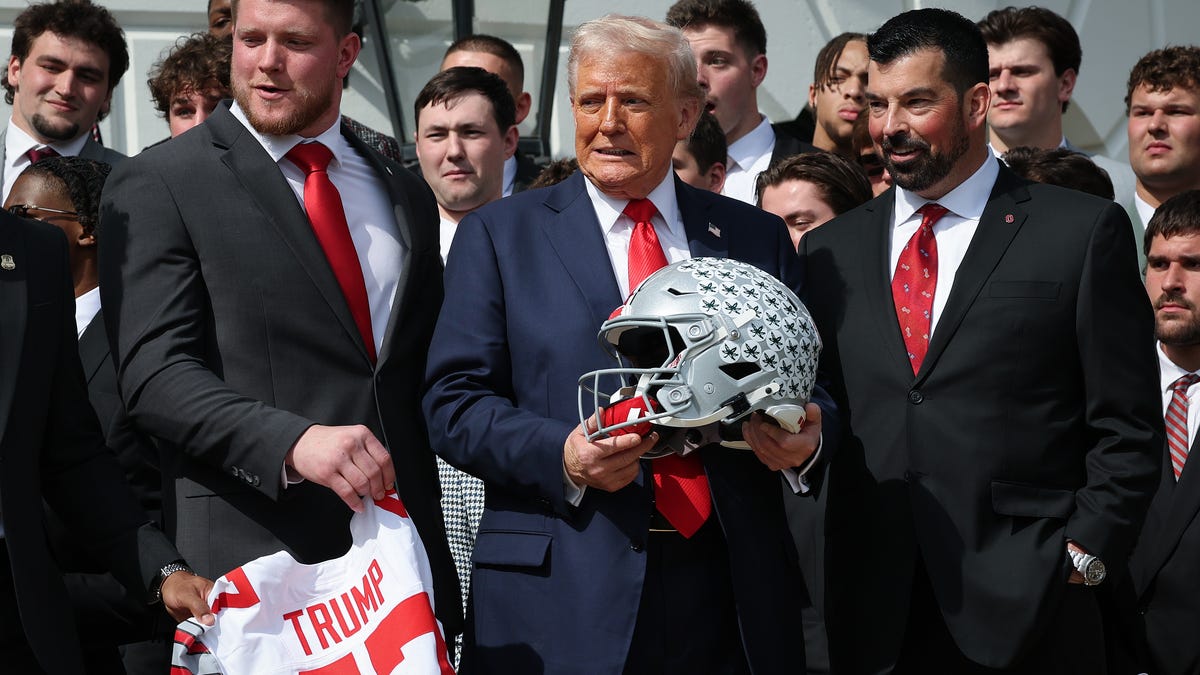

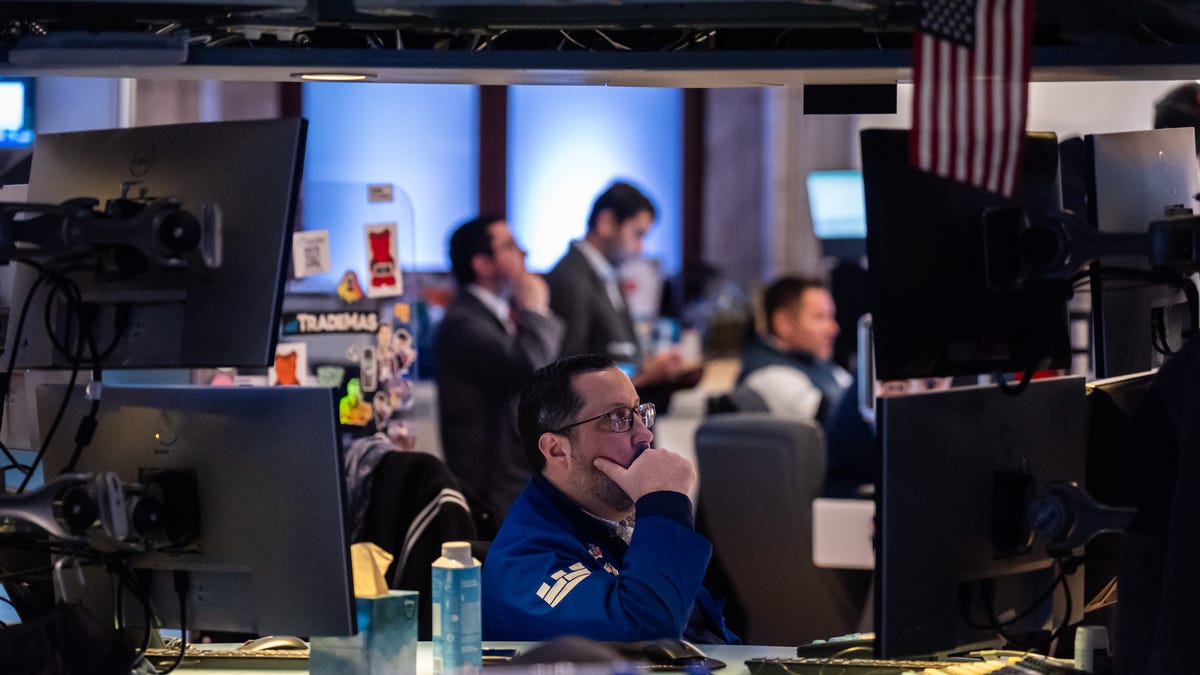







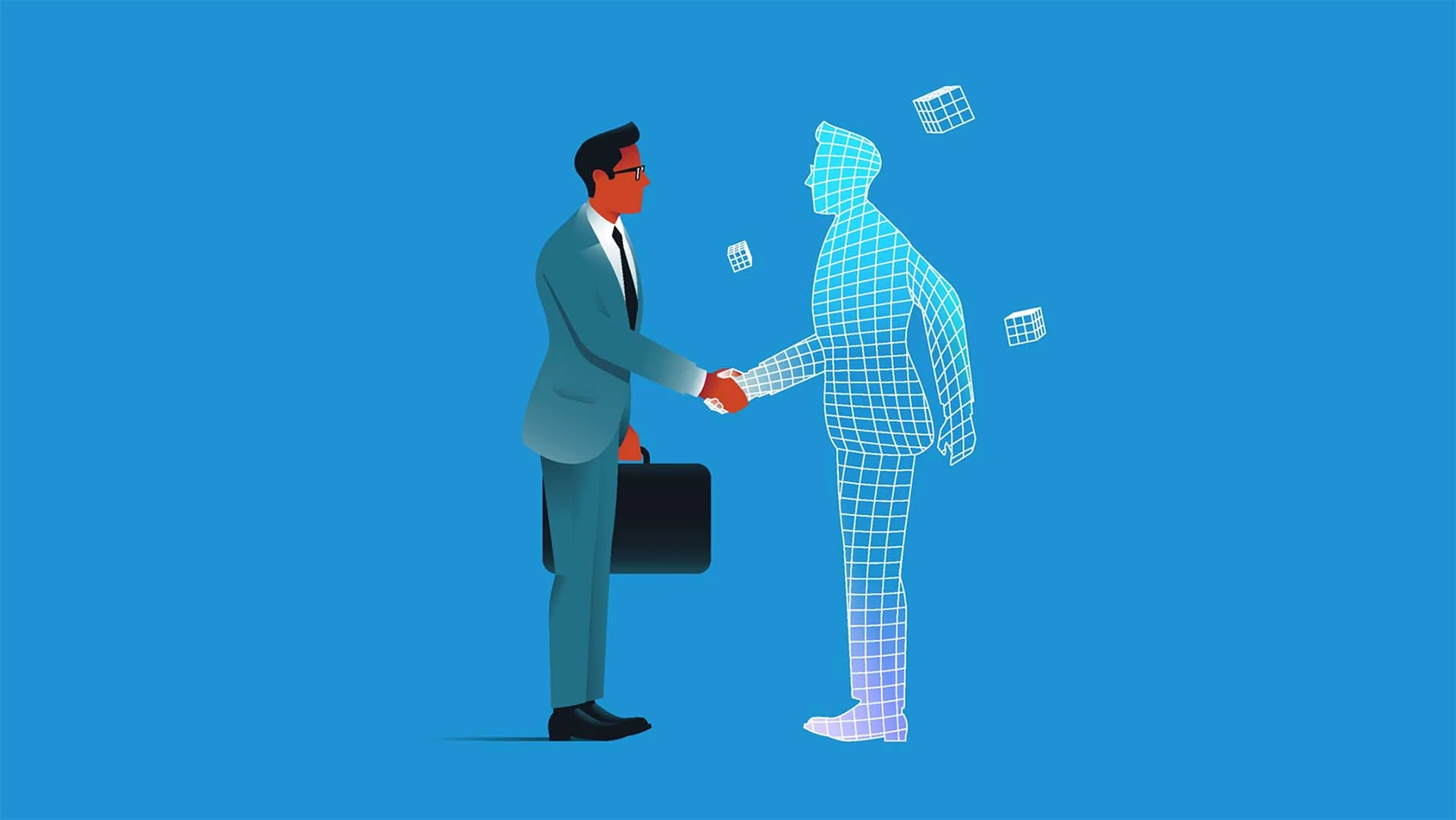



















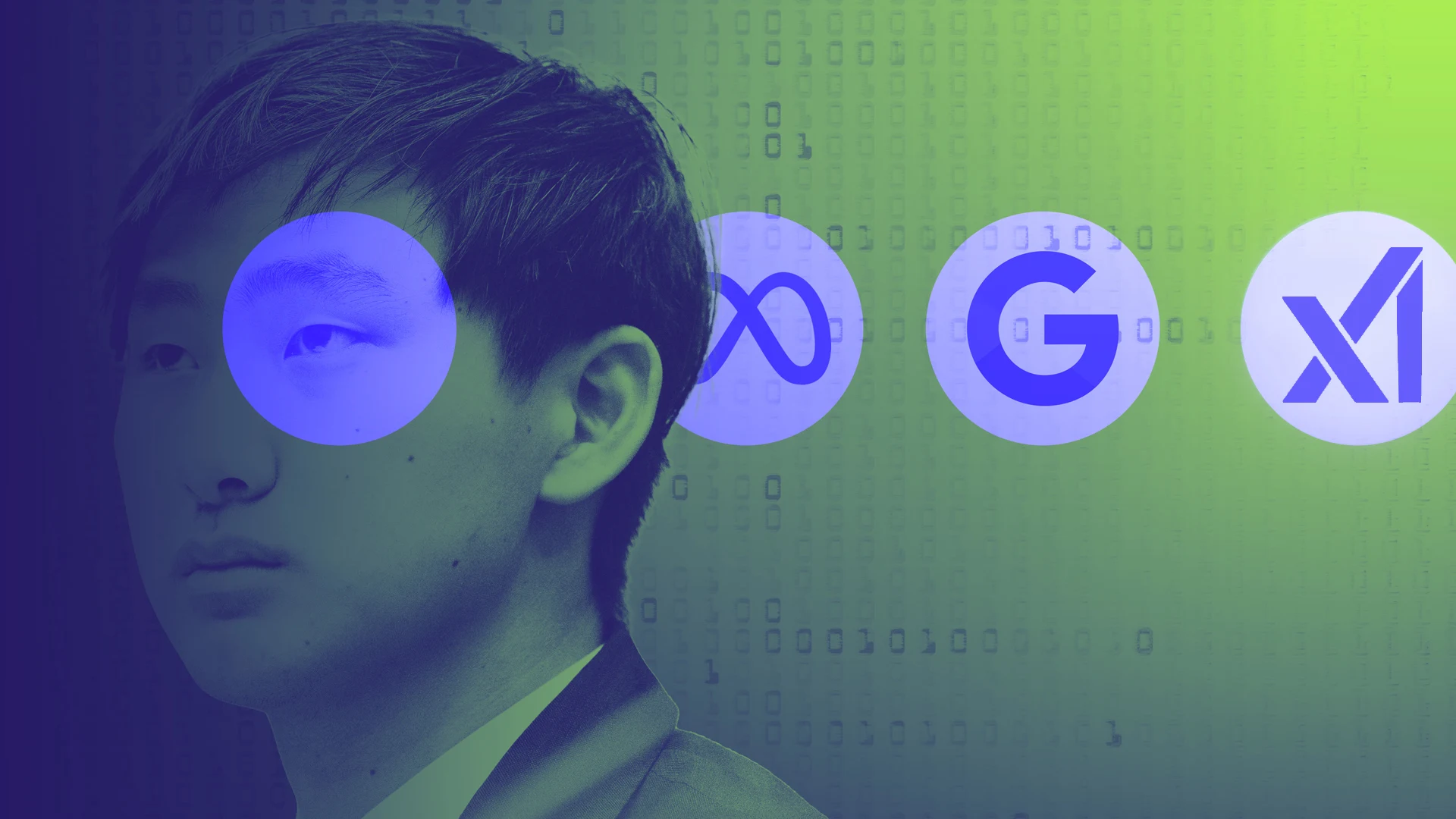













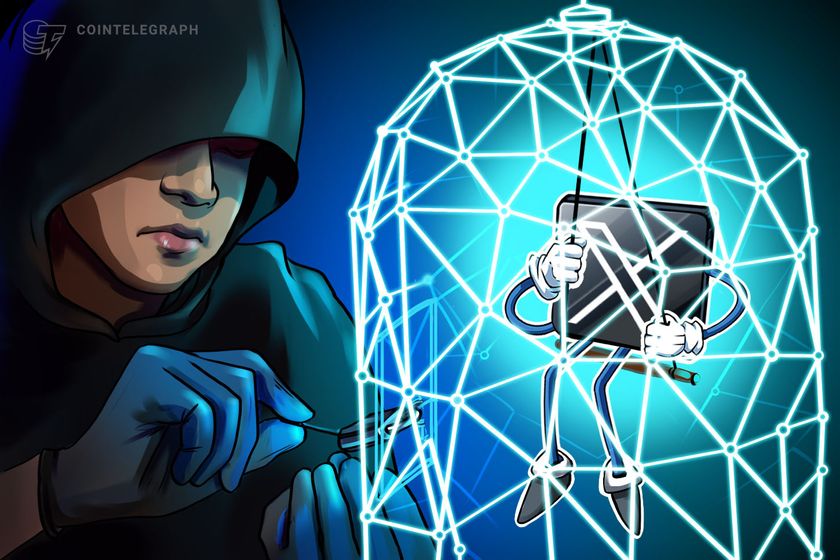
























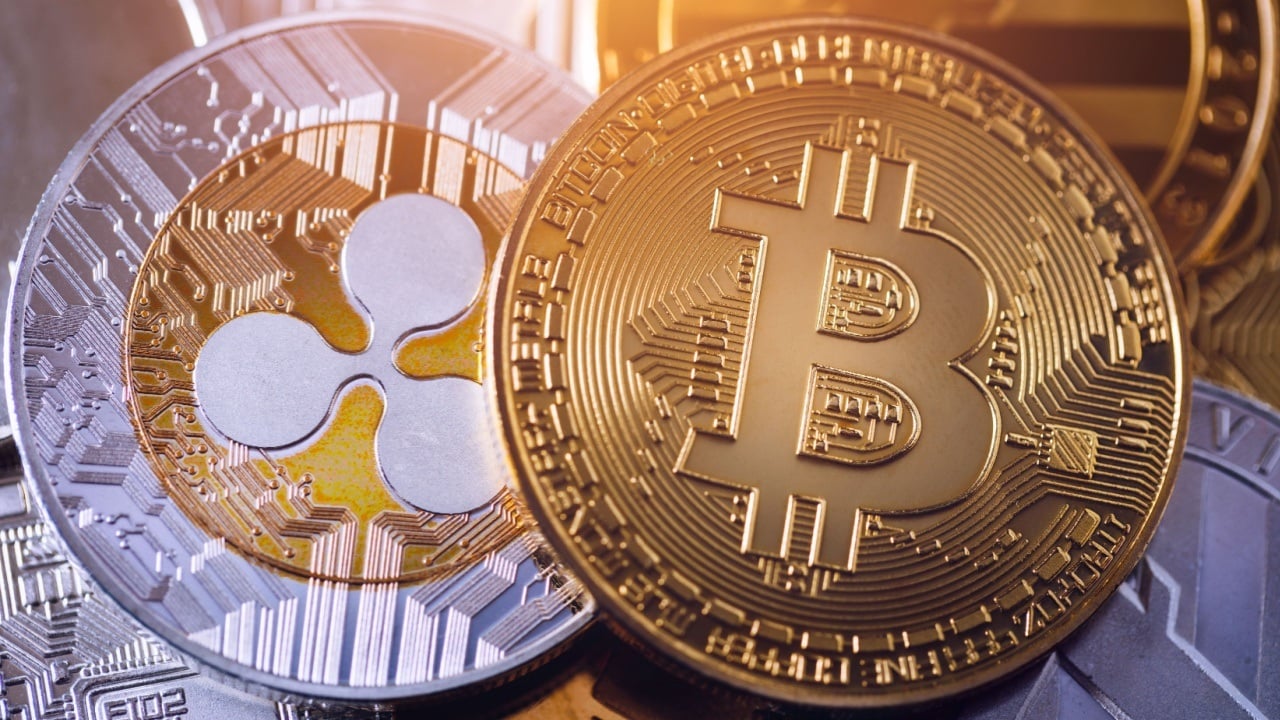

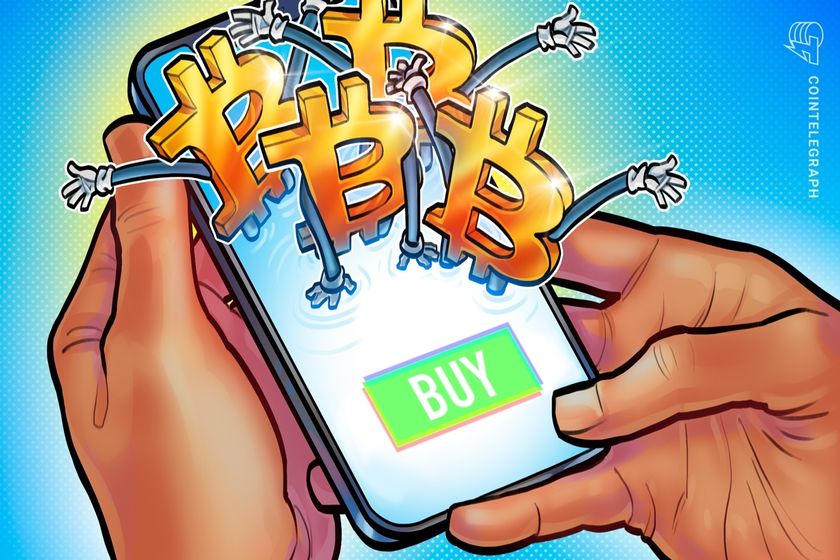
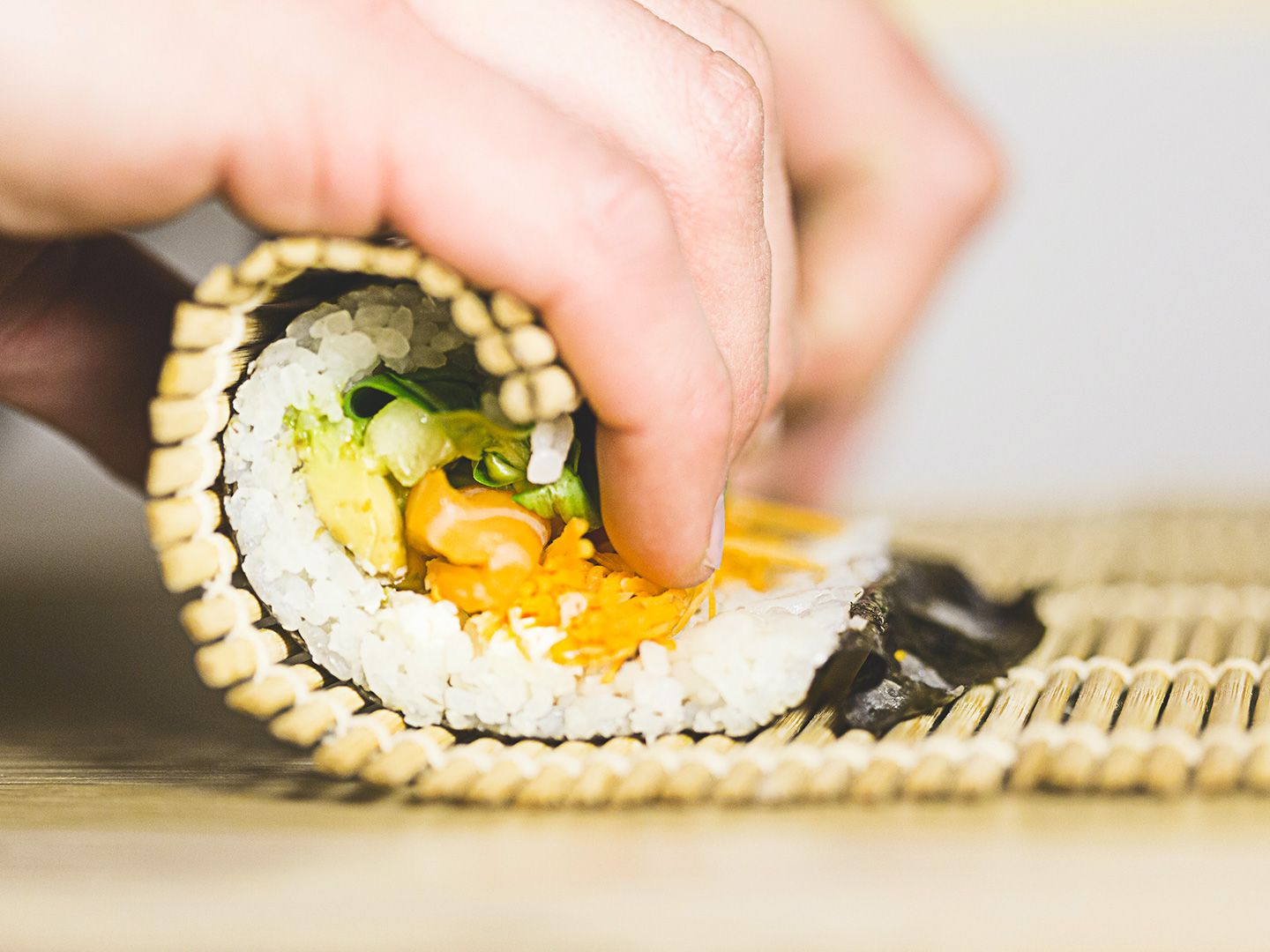

















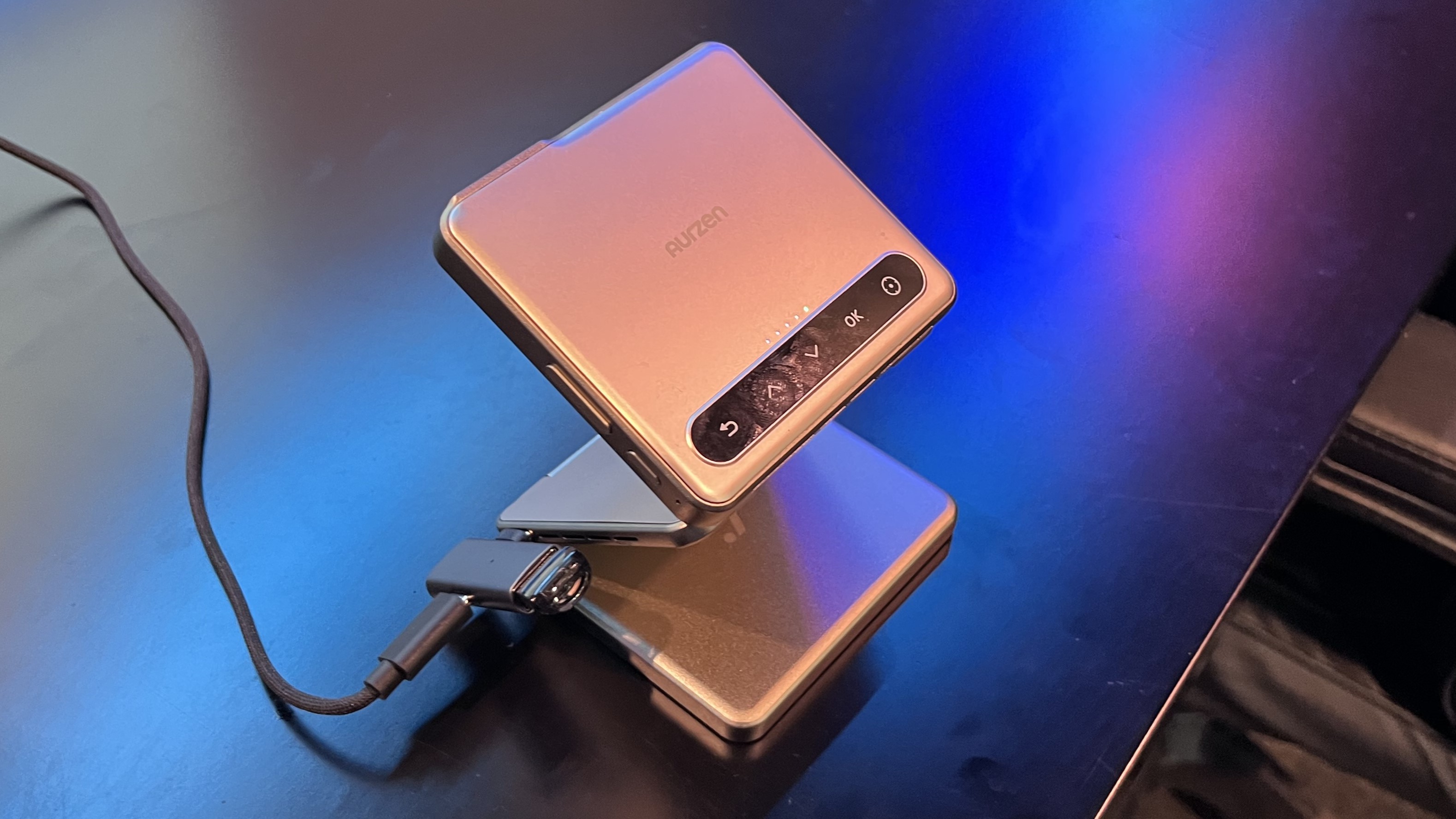
























































![How to Find Low-Competition Keywords with Semrush [Super Easy]](https://static.semrush.com/blog/uploads/media/73/62/7362f16fb9e460b6d58ccc09b4a048b6/how-to-find-low-competition-keywords-sm.png)



